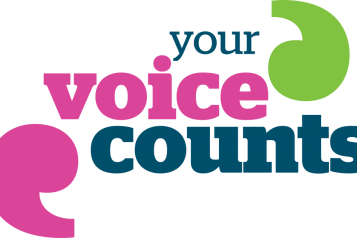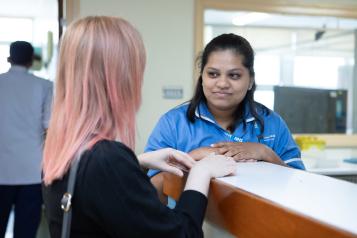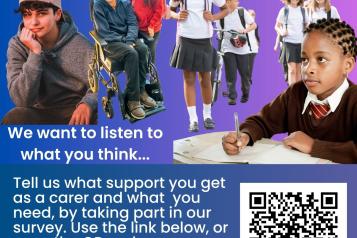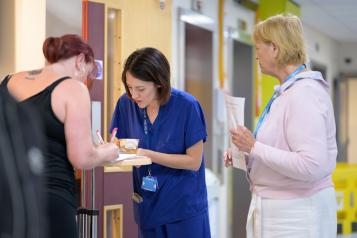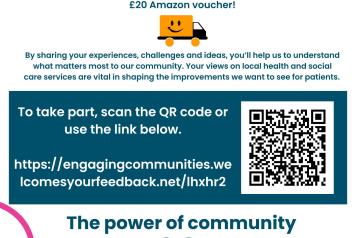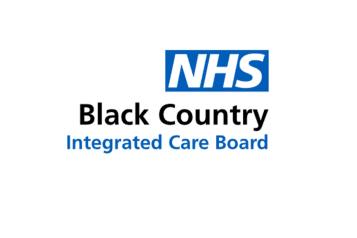
Pregnant women in the Black Country are being reminded to come forward for a flu vaccine before the offer ends on 31 March.
During pregnancy, your immune system is naturally weaker than usual. This means you are less likely to fight off infections that can be harmful to you and your baby. The flu vaccine is the best way for pregnant women protect themselves and their babies from serious complications associated with flu and is recommended at any stage of pregnancy.
Walk-in flu vaccines are available at a host of community pop-up clinics in the Black Country over the next two weeks, or at a range of community pharmacies until the end of March.
As well as the flu vaccine, pregnant women are also eligible for the RSV (Respiratory Syncytial Virus) vaccine and the whooping cough (pertussis) vaccine.
RSV is an infectious disease of the airways and lungs which spreads all year round. It often causes symptoms like a cold, such as a runny nose, cough and fever, however for infants the virus can lead to more severe illness and hospitalisation.
Since September, pregnant women have been eligible for the RSV vaccine from 28 weeks of pregnancy, providing vital protection for their babies against RSV for their first few months after they’re born.
Whooping cough can also be dangerous for newborns. Getting the whooping cough vaccine during pregnancy helps protect your baby from birth until they are old enough to be vaccinated themselves. The best time to get this vaccine is between 16 and 32 weeks of pregnancy.
Sally Roberts, Chief Nursing Officer for the NHS Black Country Integrated Care Board, said: “Vaccination during pregnancy can help prevent disease or make illness less serious for you, and for your baby.
“When you receive these vaccines, your body produces antibodies that pass through the
placenta to your baby. This gives them protection for the first few months of their life
when they are most vulnerable to infections.
“If you have any questions or concerns about vaccinations during pregnancy, don’t
hesitate to ask your midwife, GP or pharmacist. They are here to support you and your baby’s health every step of the way.”
For more information about the flu pop-up clinics, visit the NHS Black Country ICB website. You can also find a pharmacy near you on the NHS website.
The NHS in the Black Country has also created a leaflet providing key information on the
vaccinations recommended during pregnancy, including the RSV vaccine, why they are
important and where you can get them.
The leaflets are being given to pregnant women during their antenatal appointments at
hospital. You can also view the content of the leaflet online here.


